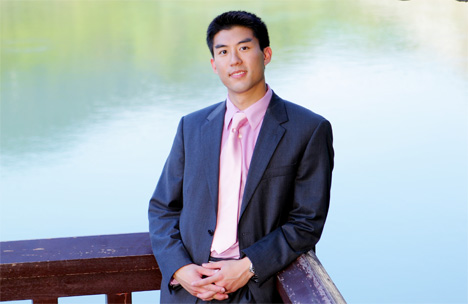Biomedical Engineering

From helping to conquer deadly diseases to possibly enabling the paralyzed to regain use of their limbs, biomedical engineers apply quantitative solutions to medical problems. Their work can range from diagnostic tools and therapies to artificial organs and prosthetics.
Make a Difference!
From helping to conquer deadly diseases to possibly enabling the paralyzed to regain use of their limbs, biomedical engineers apply quantitative solutions to medical problems. Their work can range from diagnostic tools and therapies to artificial organs and prosthetics.
Did you know?
Biomedical engineering is one of the fastest-growing disciplines. U.S. schools awarded 2,969 bachelor’s degrees in bioengineering in 2007 — 23 percent more than just two years earlier.
 Where Do They Work?
Where Do They Work?
Biomedical engineering is a fast-growing field, as well as a wide-ranging one. Firms that hire bioengineers include pharmaceutical companies (Boehringer Mannheim, Eli Lilly), medical equipment and instrument manufacturers (Siemens Medical Systems, Thermo Fisher Scientific) and biotechs (Genentech, Genzyme Corp.). Some grads remain in academia to do research. Schools with big bioengineering departments include the University of California-San Diego and Duke University. It’s a very entrepreneurial field, so it’s not unusual to find bioengineers founding or working for startup companies.
Meet An Engineer!
While he was still a freshman at Duke University, William Hwang created InnoWorks, a nonprofit program that uses volunteer college students to teach science and math in cool, fun ways at summer camps to middle-school students from underprivileged areas. InnoWorks now has nine chapters in three countries. He is also studying for a M.D./Ph.D at M.I.T./Harvard.
COOL FACT: As if he wasn’t busy enough while at Duke, Hwang played first violin for the Duke Symphony Orchestra.
Watch a video of William Hwang here:
Find out the latest biomedical news!
Filed under: Biomedical, Explore Engineering
Tags: Biomedical









